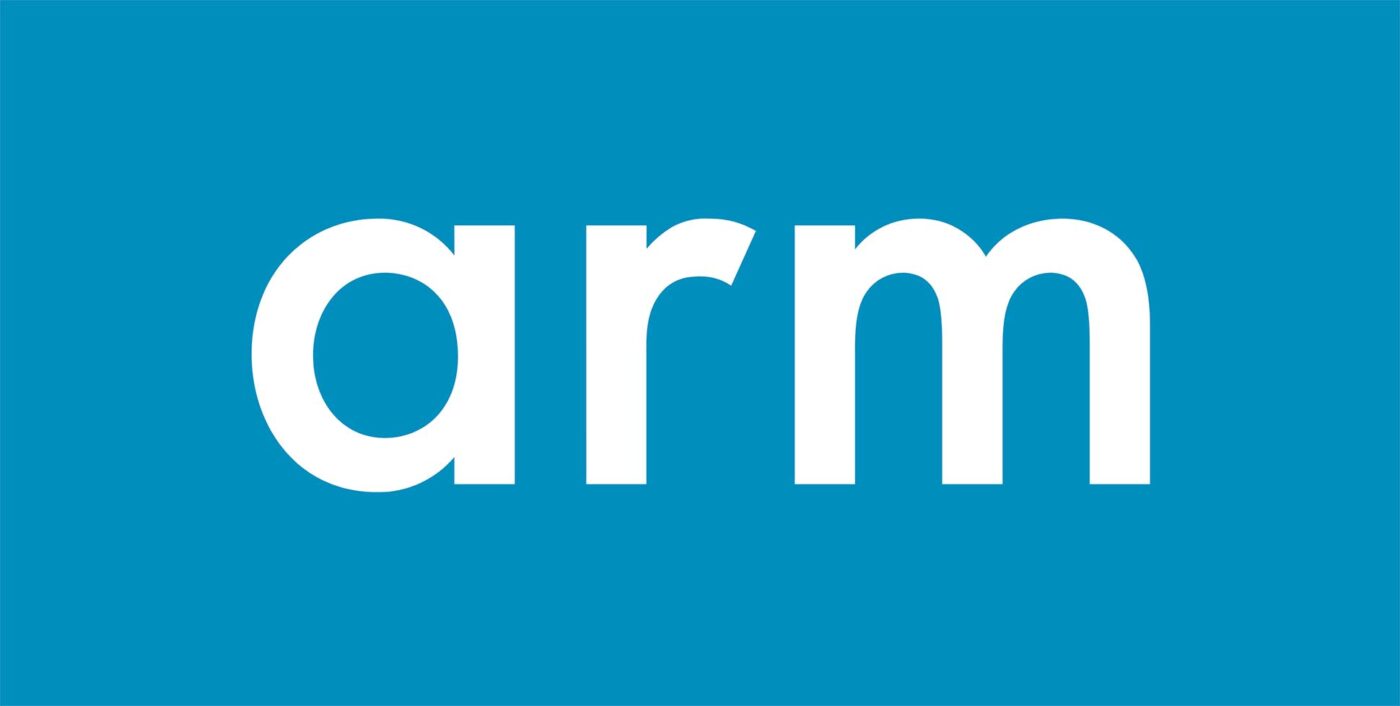Good Generates Good: Our Approach to Business Ethics

Carrot or stick?
When you ask people to describe the best way to heighten ethical standards, the solutions they offer are often heavily weighted toward the stick side of the equation. Increase penalties for cheating at schools. Impose higher fines on individuals and companies that skirt the law.
And, yes, as an attorney that has specialized in compliance issues in both the private and public sector, I understand that the first reaction most people have when I ask if I can get an appointment on their calendar is an irrational shiver of fear.
But let’s flip it around for a moment. What if you focus on the rewards that come through aspiring to live up to a higher ethical standard? 66 percent of consumers in a 2017 poll stated that they would be willing to spend more with an ethical company while 16 percent said they would switch if their current hypothetical company was caught up in a scandal or didn’t hold the same values.
Likewise, mutual funds that concentrate on companies with a stated focus on sustainability have delivered an average annual performance of 6.9 percent over the past decade, outperforming more agnostic funds delivering a 6.3 percent return.
Companies that commit to higher ethical practices also tend to experience lower turnover, higher job satisfaction and greater commitment from employees. Doing good, it turns out, is good for business.
That’s why we were very gratified that Arm was included in Ethisphere’s list of the World’s Most Ethical companies for the second year in a row. For over 30 years, we have sought to build a corporate culture that can tap into power generated when people do—or at least try to do—the right thing. The award reflects, at least to some degree, that we’re on the right track.
The 2021 list includes 135 companies selected through an assessment process that includes more than 200 questions on culture, environmental and social practices, ethics and compliance activities, governance, diversity and initiatives to support a strong value chain.
This year’s selection process also included expanded questions that addressed equity, inclusion, social justice and gauged how companies adapted and responded to the global health pandemic.
What’s in it for me?
So what are the ethics we’re trying to uphold and that you should expect from us? First, fairness. We provide intellectual property to a broad spectrum of companies and, to successfully integrate our IP into a new product or service, we are often briefed on strategies and product plans well in advance of their public launch. Trust, confidentiality and equitable behavior to our partners across the ecosystem is imperative.
Second, we try to see ahead and perceive the so-called unknown. Computing is poised to become one of the leading tools in the fight against climate change. Smart appliances and embedded AI algorithms could reduce emissions by as much as 15 percent by 2030.
To achieve these gains, however, we need to ensure that the power consumed by data centers, cellular networks and other computing assets stays in check. Developing new, innovative ways to bend the power curve will be one of our primary goals for the coming decade.
In the same vein, we are doubling down on security with innovations such as Realms and Confidential Computing for preventing data theft, and Memory Tagging Extension to deter side-channel attacks. Open standards will further help achieve pervasive security by encouraging transparency and participation.
Third, Arm will increasingly focus on the societal impact of our technology. That means developing “good” technologies that can help connect the 3.5 billion people still not online. It also means trying to avoid the “bad” impacts of new technology like the loss of privacy or potential for discrimination that can—and has—occurred with some AI applications.
Living up to an ideal, of course, is never easy. Mistakes are part of the process. Nonetheless, we are committed to trying. The responsibilities, and rewards, are too great not to.
Any re-use permitted for informational and non-commercial or personal use only.













